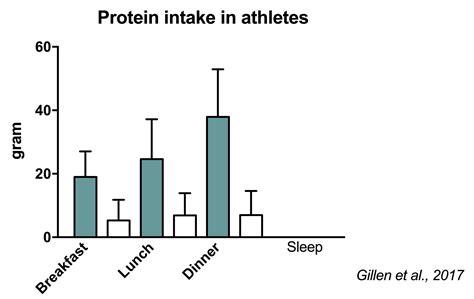Optimal protein timing for muscle growth & recovery post-workout?

For anyone serious about fitness, the post-workout period is often seen as a critical window for maximizing gains. The debate around optimal protein timing—specifically, how soon after exercise you should consume protein for the best muscle growth and recovery—has been a cornerstone of sports nutrition for decades. While the traditional “anabolic window” concept suggested a very narrow timeframe, modern science offers a more nuanced understanding.
Understanding Muscle Protein Synthesis (MPS)
Muscle protein synthesis (MPS) is the process by which new muscle proteins are generated, leading to muscle repair and growth. Resistance training stimulates MPS, but it also increases muscle protein breakdown (MPB). To achieve muscle hypertrophy, the rate of MPS must exceed MPB. Protein intake provides the essential amino acids necessary to fuel MPS, particularly leucine, which acts as a signaling molecule to initiate the process.

The Evolving Concept of the Anabolic Window
The “anabolic window” was once thought to be a very short, critical period (30-60 minutes) immediately following a workout, during which protein intake was absolutely essential to capitalize on increased nutrient sensitivity. Missing this window, it was believed, would significantly hinder muscle gains. However, recent research suggests that this window is considerably wider than previously thought.
Studies indicate that as long as an adequate amount of protein has been consumed in the hours leading up to and after a workout, the immediate post-exercise timing becomes less critical. For individuals who have consumed a protein-rich meal a few hours before training, their muscles are likely still bathed in amino acids when they finish their session, extending the “window” considerably.

Total Daily Protein Intake: The Overarching Priority
While timing has its place, the scientific consensus strongly emphasizes that total daily protein intake is the most crucial factor for muscle growth and recovery. Most research points to a daily intake of 1.6-2.2 grams of protein per kilogram of body weight for active individuals aiming to build muscle. Consistently hitting this target, spread throughout the day, provides a constant supply of amino acids to support MPS.
Think of it as a reservoir: if the reservoir is consistently full (i.e., you’re consuming enough protein throughout the day), a small immediate top-up post-workout is less critical than if the reservoir is half-empty.
Strategic Timing Considerations
Post-Workout Protein Intake
Even though the anabolic window is wider, consuming protein within 1-2 hours post-workout can still be beneficial, especially for those training in a fasted state or who haven’t had a protein-rich meal recently. This helps kickstart the recovery process and replenish amino acid pools more quickly. Aim for 20-40 grams of high-quality protein, such as whey, casein, or a plant-based blend with a complete amino acid profile.

Pre-Sleep Protein
Another strategic timing opportunity is consuming protein before bed. Slowly digested proteins like casein can provide a sustained release of amino acids overnight, supporting MPS during sleep—a critical period for recovery and growth. This can be particularly valuable for maximizing overnight muscle repair.
Protein Around Training Sessions
The concept of “peri-workout nutrition” emphasizes consuming protein not just after, but also before and during (if prolonged) exercise. Having amino acids circulating in your bloodstream prior to exercise can prime your muscles for repair and growth even before you finish your last rep.

Beyond Protein: Other Recovery Factors
Optimal recovery and growth aren’t solely dependent on protein timing. Carbohydrates are essential for replenishing glycogen stores, which fuel your workouts and aid recovery. Adequate hydration, sufficient sleep (7-9 hours), and managing stress also play profound roles in your body’s ability to adapt, repair, and grow stronger.
The Verdict: Consistency and Adequacy First
Ultimately, for most individuals, the most crucial aspect of protein intake for muscle growth and recovery is consuming enough protein throughout the entire day. Once that foundation is established, strategically timing some of your protein intake—especially around your workouts and before sleep—can offer additional, albeit smaller, benefits. Don’t stress over hitting a precise 30-minute window; focus on consistency and overall nutritional quality.









